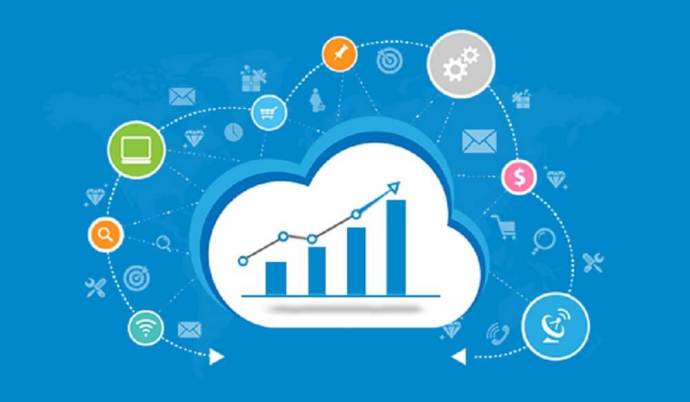How Edge Computing Is Shaping Real-Time Mobile Experiences?
Mobile technology continues to evolve, and users now expect apps to react instantly. Traditional centralized systems often fall short due to latency and heavy data loads. Edge computing solves this by processing information closer to the user, ensuring speed, reliability, and seamless functionality that power real time mobile experiences.
Real Time Mobile Experiences
Instant responsiveness
The demand for faster responses in mobile applications continues to grow across industries. Waiting several seconds for a result is no longer acceptable, particularly in services like healthcare monitoring, mobile banking, or location-based tools. Edge computing plays a crucial role in reducing the distance data must travel, which directly improves response times. This efficiency enables real time mobile experiences that deliver seamless interactions, foster sustained user engagement, and enhance overall satisfaction.

Consistent performance
Edge computing helps overcome this by ensuring data processing happens closer to the device, minimizing interruptions caused by weak connections. Whether users are in urban centers or remote areas, applications maintain consistent functionality. This reliability is what makes real time mobile experiences possible even in less-than-ideal conditions.

Data-driven insights
Processing this information through distant servers can slow down decision-making, while edge computing allows data to be analyzed locally. This capability enables quicker insights that improve functionality without sacrificing accuracy. Real time mobile experiences are enhanced when apps can instantly adapt to user preferences and present tailored features on demand.

Security
Security remains one of the most critical factors in mobile app development. Centralized systems create a single point of vulnerability, whereas edge computing distributes processing across multiple points, reducing risks. Sensitive data can be managed locally before being sent to the cloud, ensuring that personal information remains protected. By strengthening security in this way, businesses build trust while delivering real time mobile experiences that users can rely on with confidence.

Support for innovation
Emerging technologies such as augmented reality, IoT devices, and wearable applications require high-speed processing to function effectively. Edge computing provides the backbone that supports these innovations by cutting delays and improving synchronization. For instance, mobile experiences in gaming or navigation become possible only when actions and data are processed instantly. With app developers near me, businesses gain the expertise to implement these solutions seamlessly and remain ahead of technological trends.

Scalability
As businesses grow, so does the demand placed on their mobile applications. Edge computing offers scalability by distributing workloads across localized servers and devices rather than overwhelming a central system. This structure makes it easier to manage high volumes of users without sacrificing quality.

Market advantage
In markets where speed, reliability, and personalization drive success, edge computing gives businesses a clear advantage. It allows faster responses to customer needs and delivers engaging real time mobile experiences that strengthen loyalty. By partnering with app developers near me, organizations gain these benefits while keeping their applications adaptable and competitive.

Conclusion
Edge computing is transforming how mobile applications are developed by enhancing speed, strengthening security, enabling scalability, and driving innovation. Its impact on real time mobile experiences is clear, helping businesses meet user expectations with greater efficiency. Partnering with app developers near me provides the expertise needed to harness this technology and deliver exceptional results.
